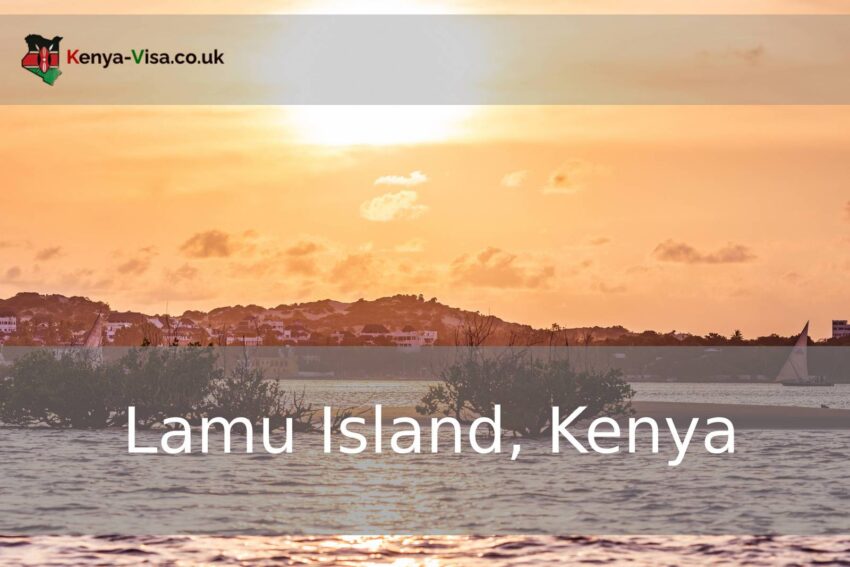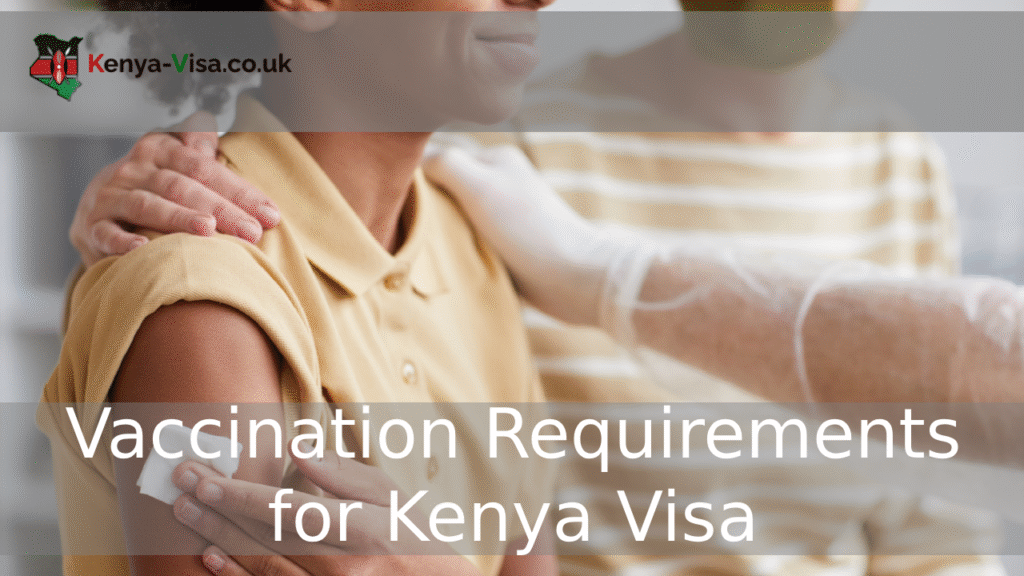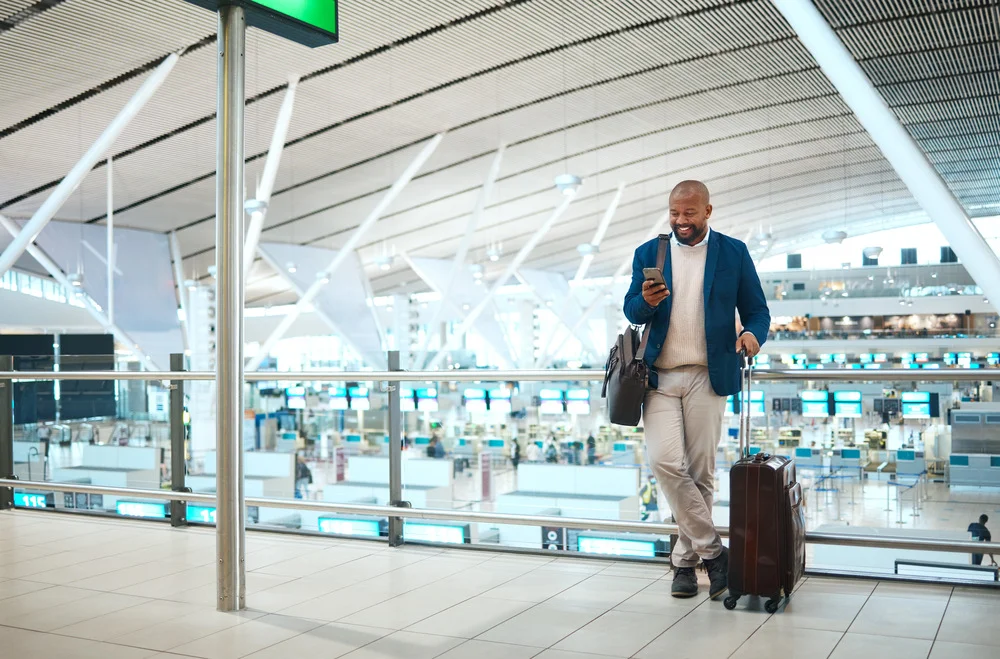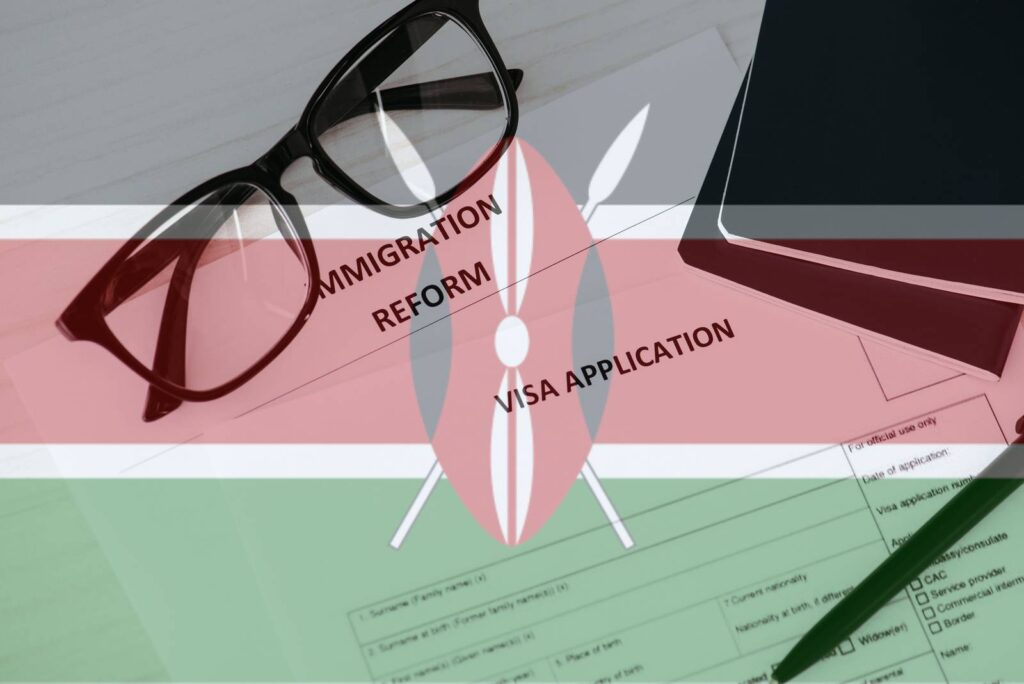If you’re looking for an offbeat destination steeped in history, culture, and natural beauty, Lamu Island in Kenya should be at the top of your travel list.
This small, enchanting island is where time slows down, and every corner tells a story.
Famous for its UNESCO World Heritage Site status, car-free charm, and rich Swahili culture, Lamu offers a unique escape from the hustle and bustle of modern life.
Get ready to wander narrow alleyways, explore fascinating historical sites, and relax on pristine beaches. This guide will walk you through everything you need to know to plan your perfect trip to this cultural jewel of Kenya.
General Information About Lamu
UNESCO World Heritage Site
Lamu Old Town, the oldest Swahili settlement in East Africa, is recognized as a UNESCO World Heritage Site for its well-preserved architecture and cultural significance. Learn more about its UNESCO listing here.
A Car-Free Paradise
Lamu is a car-free island, making it a peaceful getaway. Instead of cars, donkeys are the main form of transport. Walking or cycling the narrow streets also helps visitors thoroughly enjoy the island’s traditional charm.
NOTE: Don’t miss the chance to visit the Lamu Donkey Sanctuary!
Swahili Culture
Swahili heritage and culture thrive here. From lively festivals to intricately carved woodwork, immerse yourself in traditions that blend African, Arab, and European influences.
Best Time to Visit
The island experiences a tropical savanna climate characterized by mild weather throughout the year. However, the best months to plan your visit are between December and March, when the skies are clear, temperatures are pleasant, and the cultural festivals are in full swing.
Getting to Lamu
Flights
The easiest way to reach Lamu is by taking a direct flight to Manda Airport on Manda Island, which is served by airlines such as Air Kenya, Safari Link, and Fly 540. Most flights connect from Nairobi International Airport or Mombasa.
From Manda Airport to Lamu Town
Once you land, a short dhow ride (a traditional Swahili boat) will take you across the channel to Lamu Old Town.
Alternative Routes
You can also travel by road to the Mokowe Jetty, from where boats ferry visitors to the island. Private charters are another luxurious option.
NOTE: Public ferries are more budget-friendly but take slightly longer.
Tips for First-Timers
- Pack Light: Since Lamu has no cars, you’ll be carrying your bags yourself or using donkeys for transport.
- Currency Exchange: Kenyan Shillings (KES) is widely used, so ensure you have some cash before arriving.
- Safety
Note: Check updated travel advisories for the area on the official UK government site.
Where to Stay in Lamu
Lamu offers accommodation for every taste:
Popular Areas
- Shela Village: Known for its luxurious beach resorts and stunning coastal views.
- Lamu Old Town: Perfect for a more cultural experience, offering boutique hotels in historical buildings.
- Manda Island: Provides upscale resorts with tranquil vibes.
- Kipungani Beach: Ideal for seclusion and nature lovers.
Accommodation Types
- Boutique Hotels with Swahili-inspired architecture
- Heritage Homes that provide a glimpse into Lamu’s history
- Beach Resorts offering modern comforts with stunning sea views
Famous stays include the Peponi Hotel in Shela and the heritage-rich Petley’s Inn.
Top Things to Do in Lamu
Explore Lamu Old Town
Stroll through narrow, winding streets to admire the Swahili architecture, vibrant markets, and centuries-old mosques like the Riyadha Mosque.
Beaches and Water Activities
Relax on Shela Beach, one of the most beautiful in East Africa. Water enthusiasts can enjoy kite surfing, snorkeling, and scuba diving.
Dhow Tours
Sail into the sunset on a traditional dhow boat, a must-do for breathtaking views of the Indian Ocean.
Cultural Experiences
- Visit the Lamu Museum for insights into Swahili history.
- Attend the Maulidi Festival or the Lamu Cultural Festival for unique experiences filled with music, dance, and local delicacies.
Explore Nearby Islands
- Takwa Ruins, Manda Island: Explore the ruins of a 16th-century Swahili town.
- Kiwayu Village: A snorkeling paradise with untouched coral reefs.
Other Highlights
- Wellness Retreats: Many resorts offer yoga and spa treatments to help you relax.
- Nightlife: Enjoy cozy, lantern-lit spots that offer Swahili cuisine and a chilled vibe.
Cuisine and Dining in Lamu
Swahili Food
Lamu is a haven for Swahili cuisine, known for its rich spices and coconut-based dishes.
Must-Try Dishes
- Biryanis and Pilafs: Aromatic rice dishes.
- Seafood Delicacies: Fresh catches like crab, prawn curry, and lobster grilled to perfection.
- Snacks: Don’t leave without trying Mahamri (cardamom doughnuts) and Viazi Karai (spiced fried potatoes).
- Beverages: Refresh yourself with coconut water or the famous Swahili spiced tea.
Top Dining Spots
- Whispers Coffee Shop in Lamu Town for a cozy vibe.
- Traditional Swahili meals at Harambee Avenue eateries.
Shopping in Lamu
What to Buy
- Handicrafts: Intricately carved wooden Swahili doors and furniture.
- Textiles and Art: Vibrant woven fabrics and coconut baskets.
Best Shopping Spots
- Lamu Town Markets
- Boutiques in Shela Village.
Essential Travel Tips
Getting Around
Walk, cycle, or ride a donkey. Boats are also readily available for island hopping.
Dress Code
Lamu is a predominantly Muslim town, so it is respectful to dress modestly to show appreciation for the local culture, especially in the Old Town.
Connectivity and Currency
- Internet: WiFi is available in most hotels, but the connection can be slow.
- Cash: ATMs are limited, so ensure you have enough Kenyan Shillings upon arrival.
Safety and Etiquette
- Avoid venturing out at night alone.
- Always greet locals with a cheerful “Jambo!” (hello in Swahili).
Packing Essentials
- Sunblock and mosquito repellent
- Lightweight, breathable clothing
Visa and Entry Requirements
For UK citizens, Kenya now operates an eTA system, valid for 90 days. Be sure to apply for an eTA Kenya at least two weeks before your trip.
The application costs approximately $51. For other travelers, we recommend checking with your local embassy or through the Kenya Department of Immigration.
Safety and Security
The coastal regions of Kenya have been subject to terrorist attacks in the past. Be sure to check with your local embassy before traveling and be aware of any safety warnings that may be in place.
It’s also a good idea to register with your embassy upon arrival in Kenya so they know where you are staying and can contact you in case of an emergency.
FAQ
1. Do I need a visa to travel to Kenya?
Yes, most travelers require a visa to enter Kenya. You can apply for an e-visa through the official Kenya eCitizen Portal. Be sure to review the specific requirements for your nationality before applying.
2. What vaccinations are recommended for visiting Kenya?
It is recommended to have vaccinations for Yellow Fever, Typhoid, Hepatitis A and B, and Tetanus before traveling to Kenya. Consult your doctor or a travel clinic for personalized advice based on your medical history and travel itinerary.
3. Is Kenya a safe country to visit?
While Kenya is generally safe for travelers, specific areas, particularly along the coast and border regions, can pose security risks. Stay updated on travel advisories from your local embassy, and exercise caution in crowded areas or regions with ongoing security concerns.
4. What is the local currency, and are credit cards accepted?
The official currency is the Kenyan Shilling (KES). ATMs are widely available in cities, and credit cards are commonly accepted in hotels, restaurants, and major shops. However, it is advisable to carry some cash for use in rural areas or small markets.
5. What is the best time to visit Kenya?
The best time to visit Kenya is during the dry seasons, from June to October and December to March. These periods are ideal for game viewing in national parks, as animals tend to gather around water sources.
6. What should I pack for my trip to Kenya?
Pack lightweight, breathable clothing suitable for warm weather, as well as a sweater or jacket for cooler evenings. Comfortable walking shoes, sunscreen, insect repellent, and a wide-brimmed hat are essential. If you plan to go on a safari, neutral-colored clothing is recommended.
7. Can I drink tap water in Kenya?
It is not recommended to drink tap water in Kenya. Stick to bottled water, which is readily available, or use a portable water purifier if you plan to travel to remote areas.
8. Will I have internet access while in Kenya?
Yes, many hotels, restaurants, and urban areas provide internet access, including WiFi. Purchasing a local SIM card with a data plan can also be a cost-effective option for staying connected.
9. What languages are spoken in Kenya?
Kenya has two official languages, English and Swahili, which are widely spoken throughout the country. You may also encounter various local dialects depending on the region you’re visiting.
10. Is tipping customary in Kenya?
Tipping is appreciated but not mandatory in Kenya. It is customary to tip service staff, including guides, drivers, and restaurant servers. A 10% tip is considered generous, but you can adjust based on the quality of service you receive.
Why Visit Lamu
Whether you’re a history buff, a culture enthusiast, or just looking for a peaceful retreat, Lamu offers something for everyone.
This enchanted Swahili coastal paradise is perfect for solo travelers, honeymoon couples, and off-the-beaten-path explorers.
Don’t just take our word for it; experience the magic of Lamu Island for yourself!



